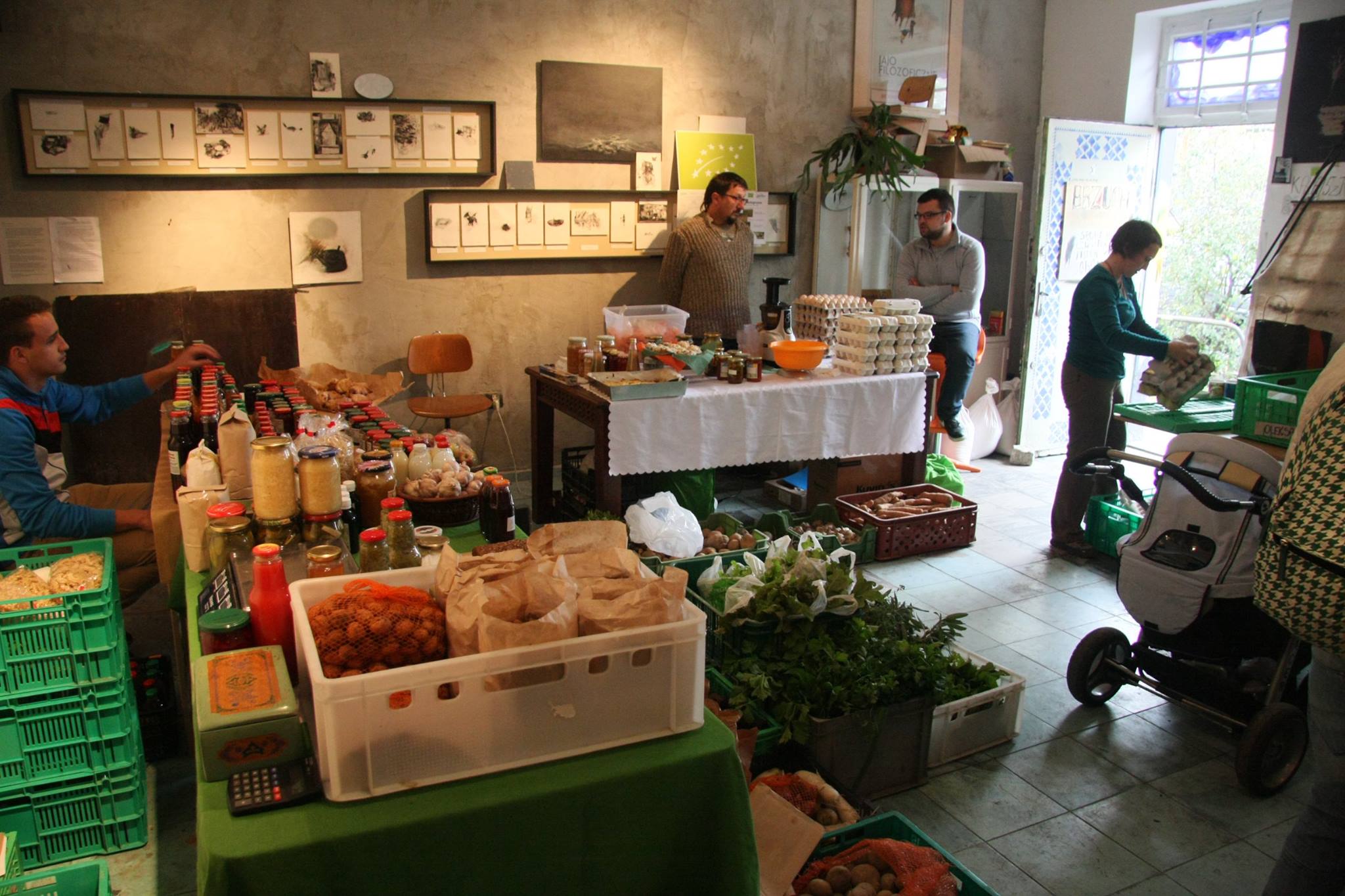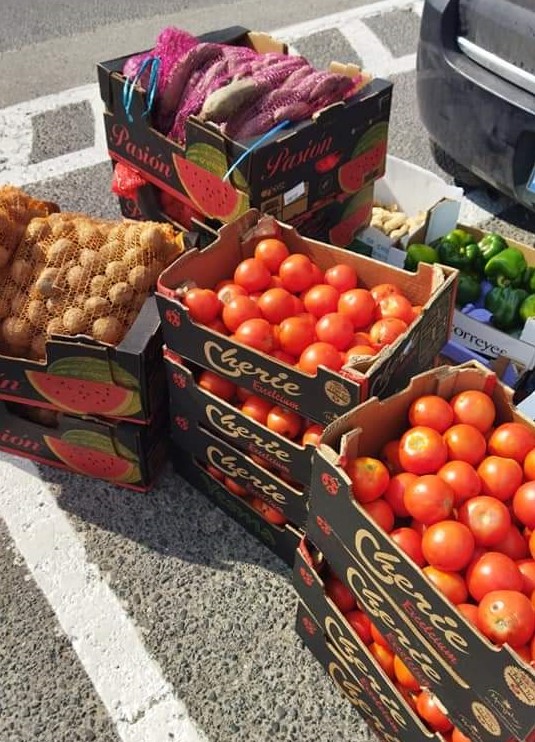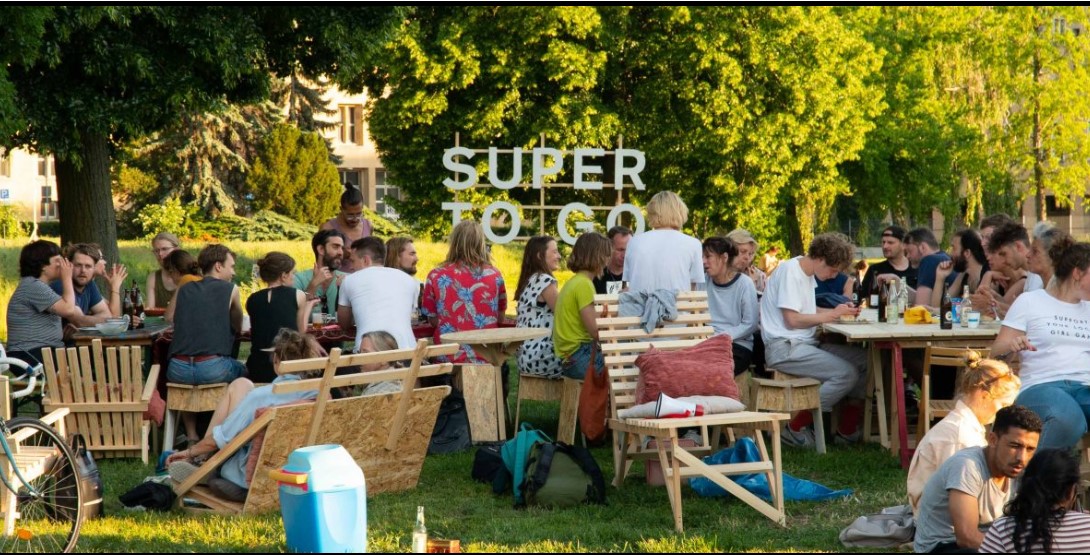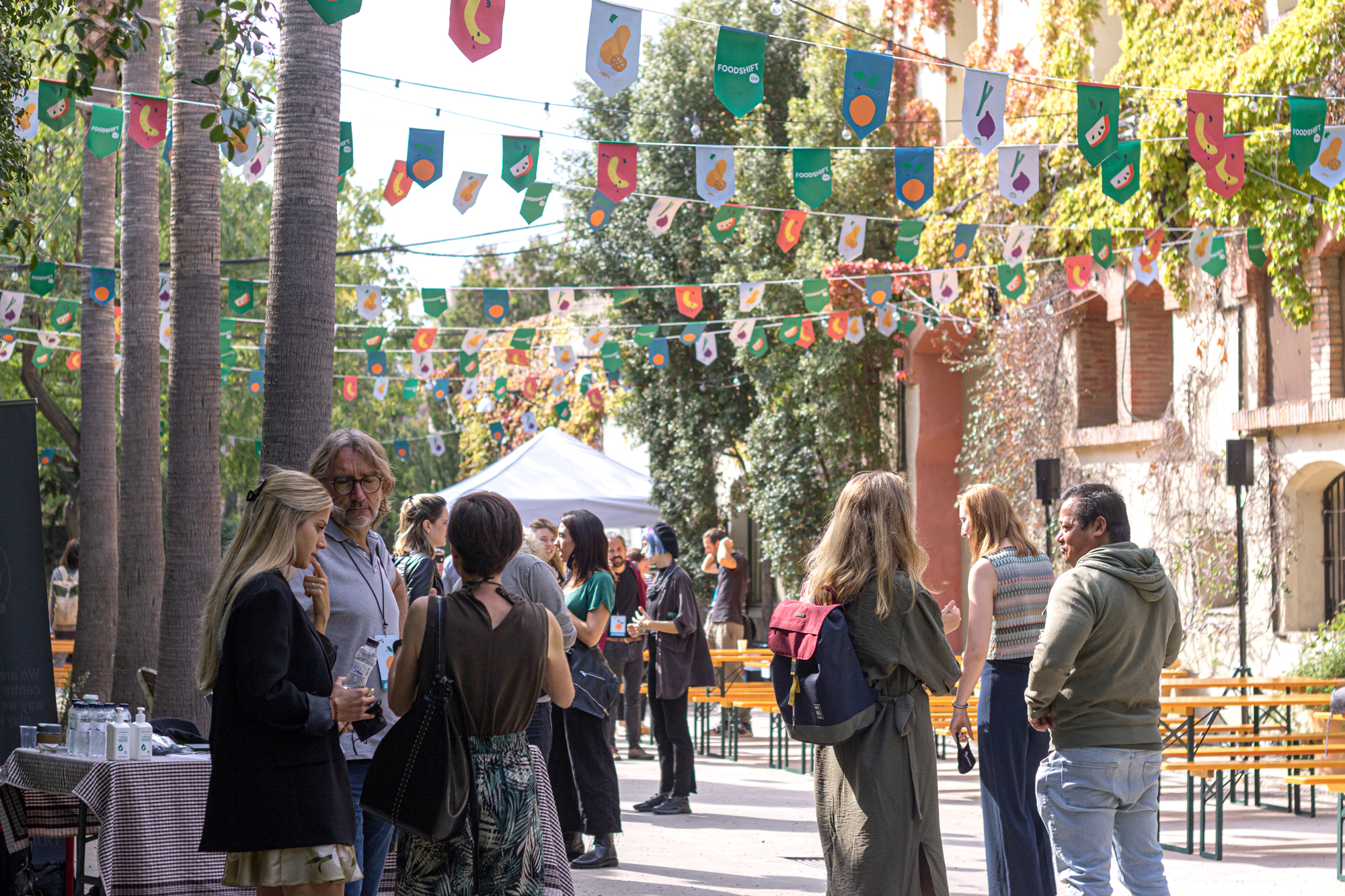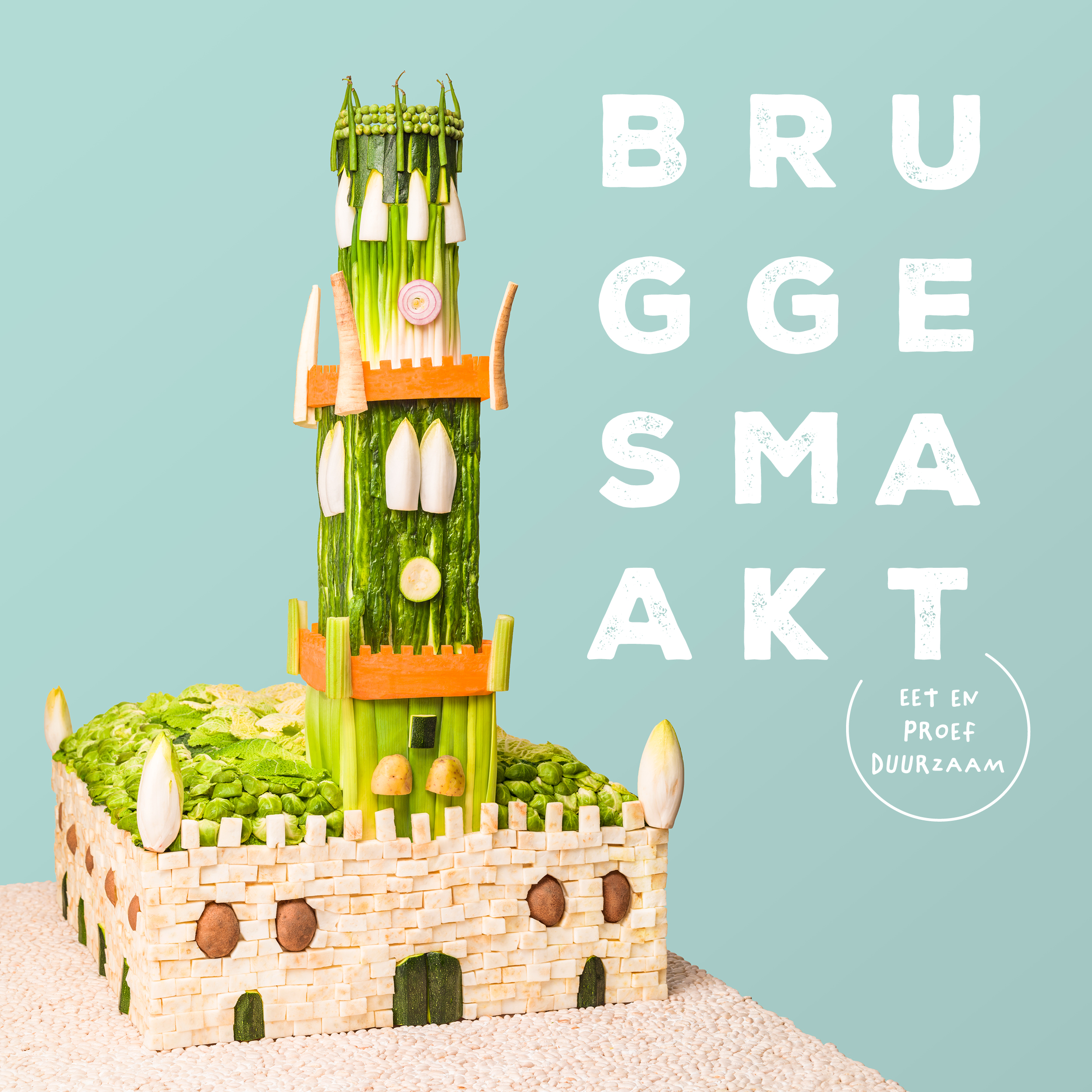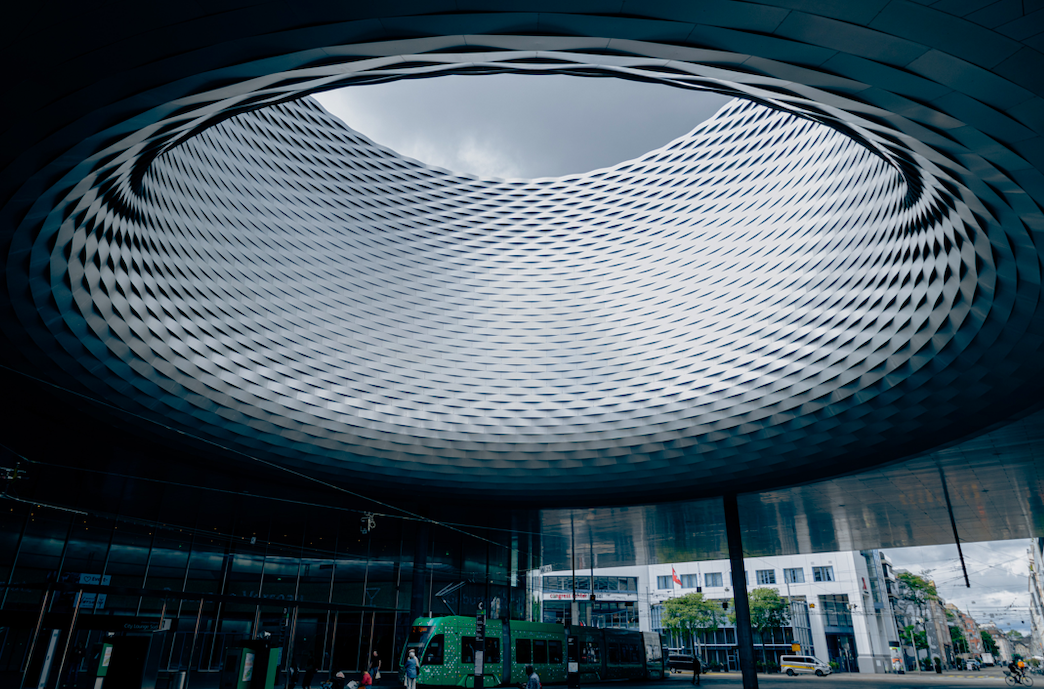Reducing food waste in restaurants – good practices
02 August 2022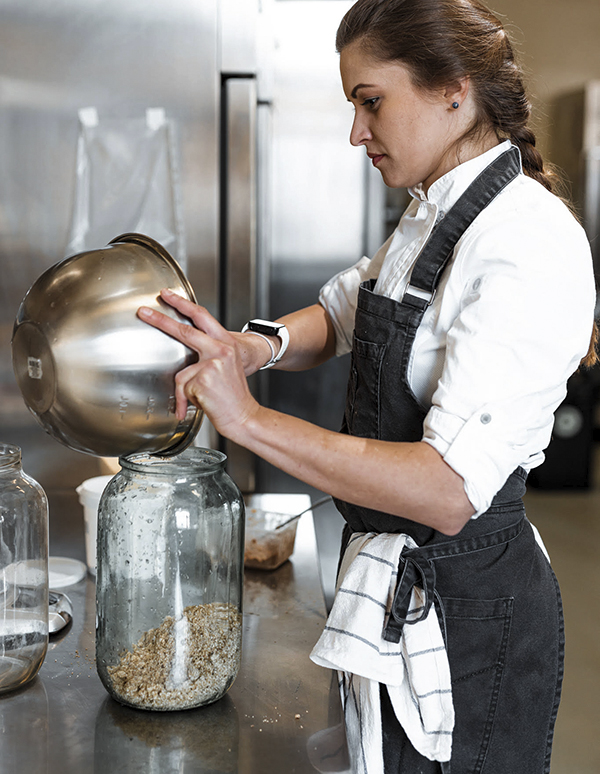
SZIKRA Restaurant
Sfântu Gheorghe, Romania
SZIKRA Restaurant takes an innovative approach to food waste in the catering sector by connecting with local producers, rediscovering, and celebrating local tastes, and using respectfully every ingredient. Chef M?d?lina and her team focuses on using diverse seasonal vegetables and fruits, roots and nuts, as well as meat, using all the parts of them. When food parts remain, they are re-valorised in creative ways (vegetables powder, chips, syrups, puree). This is a way of being economically efficient, but also integrating circular economy in the business model. As a collaborative initiative, chef Madalina joined efforts with a local entrepreneur in order to implement the full circle: production of local vegetables and herbs -> cooking re-interpreted dishes that highlight the traditional and diverse tastes of the region -> using food waste in retro-innovative ways.
LOOKING AHEAD:
The FAL Brasov aims to work together with Szikra team and chef Madalina to create a set of videos where Madalina can share her experience and tips and tricks regarding ways in which to reduce food waste in restaurants, videos that will be disseminated within the local HoReCa industry in order to share the good practices (combining).
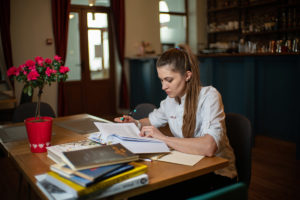
More Information:
Contact Person: Madalina Roman
Email: [email protected]
Facebook: @szikrarestaurant
Info about the Innovators and the Innovation portraits Catalogue
FoodSHIFT 2030 aims to launch an ambitious citizen-driven transition of the European food system towards a low carbon circular future, including a shift to less meat and more plant based diets. This transition is necessary in order to address the pressing challenges for food and nutrition security, contribute to the EU commitment of reducing GHG emissions by at least 40% by 2030, and revitalize urban-rural linkages and partnerships.
To do so, it establishes FoodSHIFT Accelerator Labs for maturing, combining, upscaling and multiplying existing food system innovations across nine front-runner city-regions. In turn these innovations contribute to the FoodSHIFT vision.
An Innovation Catalogue called “Innovation Portraits” was created to snapshot each of the Food Innovations connected with each of the FoodSHIFT Accelerator Labs (FALs) across the 9 city regions.
Info about the Innovation Portraits Catalogue
The Innovation Catalogue will snapshot each of the Food Innovations connected with each of the FoodSHIFT Accelerator Labs (FALs) across the 9 city regions. Each FAL has a dedicated innovation focus and each chapter will present innovation cases from a particular FAL. For each of the innovations presented, a snapshot of the innovation concept and purpose will be given, alongside the key impacts the innovation has in relation to the FoodSHIFT Impact Pathways and the acceleration ambitions of the innovation.
In addition, each innovation portrait is also categorized according to its Innovation Dimension. These dimensions indicate what kind of innovation is being presented, and where in the value chain it plays a role. This is indicated by these tabs. The dimensions are defined as follows:
Product – Innovations in this category address new or updated products, including quality, safety and market impact.
Process – These innovations are relevant to new technologies for processing, logistical improvements, infrastructure and new/improved services.
Social – Innovations in this category are relevant to changes in behaviour (e.g. consumers/citizens), development of new relationships and inclusiveness.
Governance – The innovations address policy developments, including food planning, subsidies, taxing, certificates & labelling.
Learn more about all the Innovation portraits: https://foodshift2030.eu/meet-the-people-changing-your-food-system/
